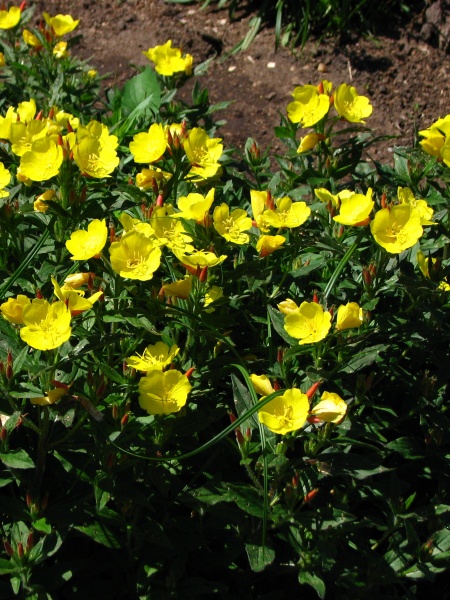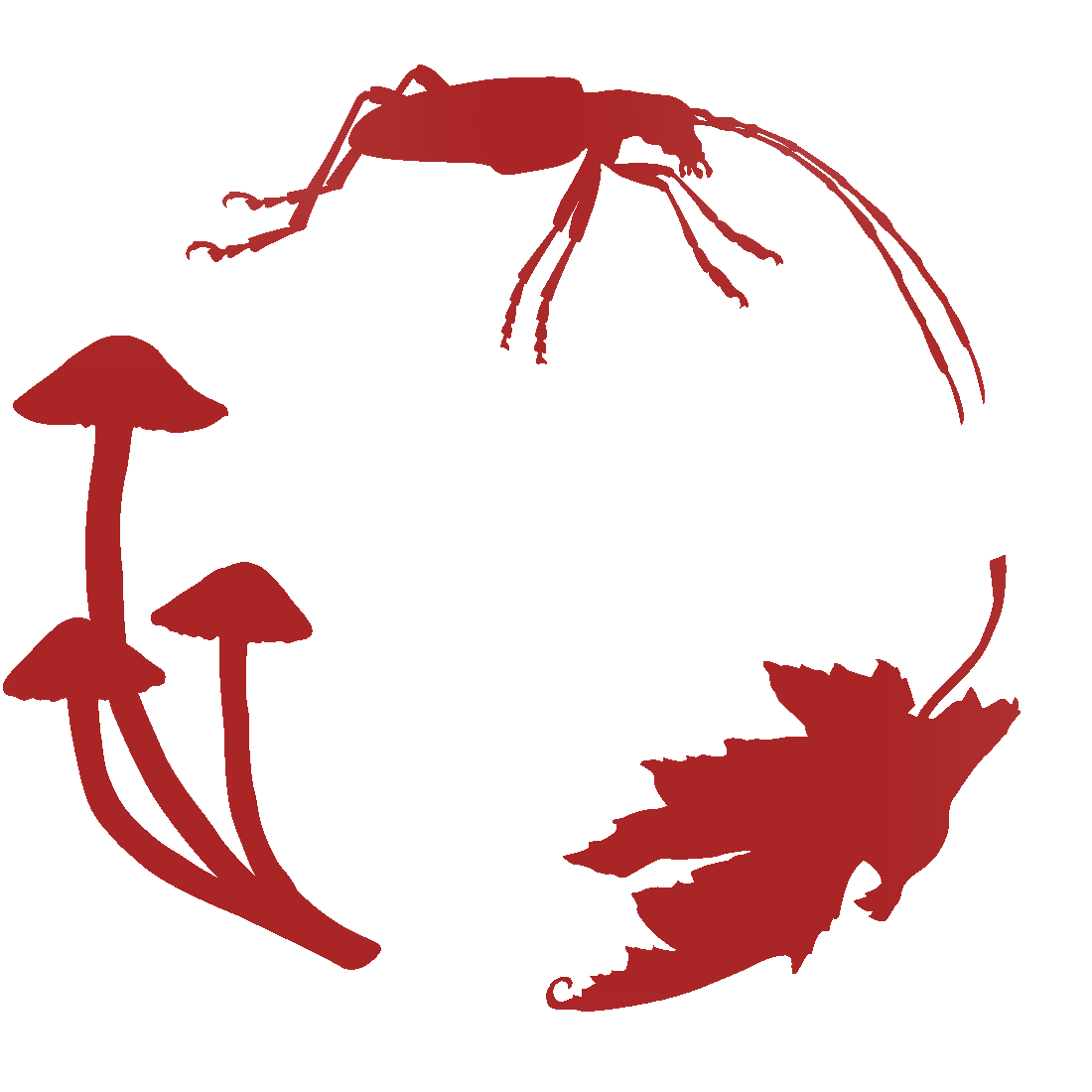
Source: Andrey Korzun
Oenothera fruticosa
Narrow-leaved Evening-primrose
Onagre frutescente
Synonyms
narrow-leaved sundrops
Seeds in stock
Available at table Full Sun
Available at table Full Sun
We currently accept seeds for this plant
Bloom Colour: Yellow
Bloom Period: Jul - Sep
Max Height: 3.0 feet
Max Width: 1.5 feet (spreads by rhizome)
Light Condition:
 More than 6 hours of direct sun a day
Soil conditions:
More than 6 hours of direct sun a day
Soil conditions:
 Tolerates dry soil condition
Tolerates dry soil condition
 Tolerates medium soil condition
Tolerates medium soil condition
 More than 6 hours of direct sun a day
More than 6 hours of direct sun a day
 Tolerates dry soil condition
Tolerates dry soil condition
 Tolerates medium soil condition
Tolerates medium soil condition
Lifespan:
Perennial
plants that will that come back year after year
Gardener Experience:
 Suitable for beginner gardeners
Suitable for beginner gardeners
 Does not spread uncontrollably
Does not spread uncontrollably
 Easy to germinate
Easy to germinate
 Self-seeding
Self-seeding
 Suitable for beginner gardeners
Suitable for beginner gardeners
 Does not spread uncontrollably
Does not spread uncontrollably
 Easy to germinate
Easy to germinate
 Self-seeding
Self-seeding
Landscape Uses:
 Suitable for rock gardens
Suitable for rock gardens
 Suitable for container garden
Suitable for container garden
 Suitable for school gardens
Suitable for school gardens
 Suitable for rock gardens
Suitable for rock gardens
 Suitable for container garden
Suitable for container garden
 Suitable for school gardens
Suitable for school gardens
Ecological Benefits:
No ecological benefits information available.
Tolerates:
 Tolerates drought conditions
Tolerates drought conditions
 Deer resistant
Deer resistant
 Rabbit resistant
Rabbit resistant
 Tolerates foot traffic around the plant
Tolerates foot traffic around the plant
 Tolerates limestone conditions
Tolerates limestone conditions
 Tolerates juglone conditions
Tolerates juglone conditions
 Tolerates transplantation
Tolerates transplantation
 Tolerates drought conditions
Tolerates drought conditions
 Deer resistant
Deer resistant
 Rabbit resistant
Rabbit resistant
 Tolerates foot traffic around the plant
Tolerates foot traffic around the plant
 Tolerates limestone conditions
Tolerates limestone conditions
 Tolerates juglone conditions
Tolerates juglone conditions
 Tolerates transplantation
Tolerates transplantation
Special Features and Considerations:
 This plant is endangered
This plant is endangered
 This plant is endangered
This plant is endangered
Plant Location
Distribution according to VASCAN

Ephemeral
Native
Introduced
Excluded
Extirpated
Doubtful
Absent
Thrives in Ecozones
- Atlantic Maritime
- Boreal Shield
- Mixed Wood Plains
Ecological Benefits
Butterflies Supported by Oenothera fruticosa
- Eudryas unio (Pearly Wood Nymph)
- Hyles lineata (White lined Sphinx)
- Mompha eloisella (Red streaked Mompha)
- Schinia florida (Primrose)
Specialized Bees Supported by Oenothera fruticosa
- Lasioglossum oenotherae
Plants that grow in similar conditions, that bloom at the same time.
Complementary Plants
- Anemone virginiana
Thimbleweed
Anémone de Virginie - Blephilia ciliata
Downy Wood Mint
Bléphilie ciliée - Polanisia dodecandra
Red-whiskered Clammyweed
Polanisie à douze - Sporobolus heterolepis
Prairie Dropseed
Sporobole à glumes inégales - Tradescantia ohiensis
Ohio Spiderwort
Tradescantie d'Ohio
Substitute For Non-Native Plants
- Oenothera (Non-Native Primrose)
- Oenothera biennis (Evening Primrose Cultivars)
- Oenothera fructicosa (Sundrops Cultivars)
Sowing Information
Download Seed Envelope Labels (PDF)
- Sowing depth: Surface sow
- Sow anytime
- Stratification duration: 0 days
- Self-seeding
- Notes: Can be sown in early spring in cool soil.
Harvesting and Seed Sharing
- Harvest start month: August
- Harvesting indicator:
- Pods are brown, seeds are dark, and crisp, and little stem connecting the pod to the main stem is brown (not green)
- Harvesting:
- Cut stem (including pods), let air dry in paper bag, then shake seeds off after a few days
- Seed viability test:
- No test needed before donating
- Packaging measure: 1 rounded 1/32 teaspoon
- Seed storage:
- Air dry in paper bag or open container, for a few days until crisp
- Shake seeds to move them once in a while to prevent molding
- Cultivar: Yes, do not donate unless you know source, and there are no known cultivars in your garden or at proximity
- Remove non-seed material
- Harvesting video: Watch here
Toxicity Notes
Inadequate information on toxicity found.


 Canadensis
Canadensis
